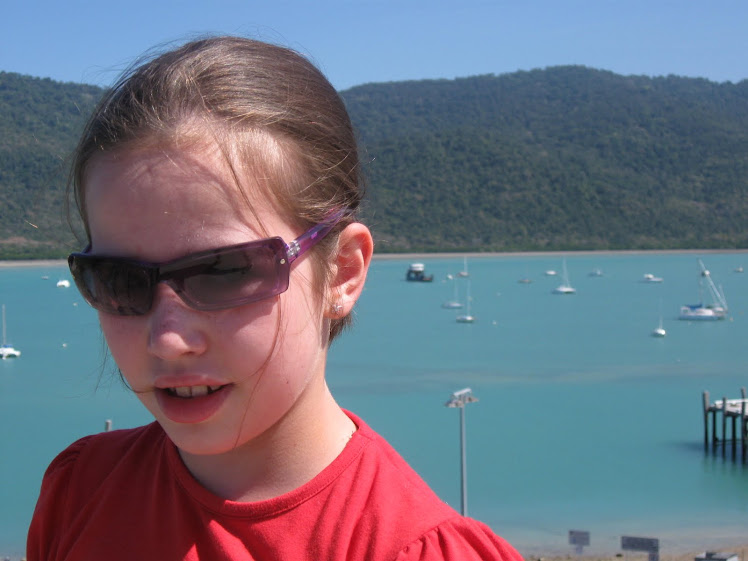In 2 days time Freya will undergo life-changing surgery that cure of her of the chronic encephalitis she has suffered for the past five years. The radical surgery known as a “hemisperectomy” is disconnection of one hemisphere of the brain, and is currently the only known cure to halt the inflammatory process of the encephalitis and stop the relentless seizures caused by both theinflammation and subsequent scarring that occurs in the brain.
Chronic Encephalits or Rasmussen’s Encephalitis (RE - as it is more commonly known) is an exceptionally rare disease that effects about 1 in 500,000 children. The reason for the disease is unknown but there is fairly strong evidence to suggest it is an autoimmune disease, probably triggered by a viral infection. Like all autoimmune disease, the body continues to produce antibodies long after the culprit antigen has gone. For children like Freya, most of who are under 10 when they contract this disease (the average age is 6 and Freya was 6 years and one month), the results of this inflammatory process are uncontrolled seizures, weakness on one side of the body and cognitive decline. For another unknown reason, RE only affects one hemisphere of the brain. For some children, the damage can happen rapidly over a few months, or others like Freya the disease can bubble along for years, going quiet for periods, then causing severe seizure activity and new areas of inflammation and atrophy. The seizures originate from wherever in the brain the disease is active, or where the disease has left scarring or atrophy. Most RE children end up having a variety of seizure types over the course of the disease.
A particularly miserable winter.
About 7 weeks ago, the disease flared again, this time violently. Freya was admitted to the RCH with a new, particularly horrible seizure type coming from the area of her brain that creates fear and visual/auditory hallucinations. Sitting at her bedside, recording the seizure activity for the doctors, I think we counted over 200 on one day. From this time, we knew there was no going back, it was very obvious that the treatments she has been receiving at the RCH over the last few years were no longer holding the disease - surgery was the now inevitable and from our point of view, urgent.
Freya will undergo a Functional Hemispherectomy on Tuesday 31 August, which means the right side of her brain will be disconnected from the left hemisphere and her right hemisphere will no longer function. If there has been any fortune at all in getting such a horrible disease, it is that the disease has attacked her non-dominant hemisphere, meaning her language and memory will not be affected by the surgery. The most obvious immediate deficits she will suffer will be paralysis on the left side of her body. Her leg, arm and hand will initially have no movement. It is expected with intense physio and occupational therapy Freya will regain pretty good function in her left leg (and be able to walk, skip and run), a bit of function in her left arm, but her left hand will no longer be very useful, and fine finger movements impossible. Cognitively, many of the functions in the right hemisphere are visual-spatial, so just like me, she will be a little “challenged” by higher maths and directions. Amazingly, children who have this surgery do not have any change to their personalities, and their intellectualy functioning improves because they do not need to take buckets of anti-epileptic medication, and the "good" hemisphere can work a whole lot better, without being impacted by constant seizures arising from it's diseased other half.
About one week after Freya's surgery, she will be transferred to the care of the RCH Pediatric Rehabilitation Team who will commence the intense physical therapy. The rehab team have been fantastic, and very optimistic about how Freya will recover from the surgery.
We are also very grateful to the advice we have received from RE specialists around the world. At times I have been overwhelmed by the kindness and concern expressed for a little girl from Melbourne, Australia these doctors have never met.











